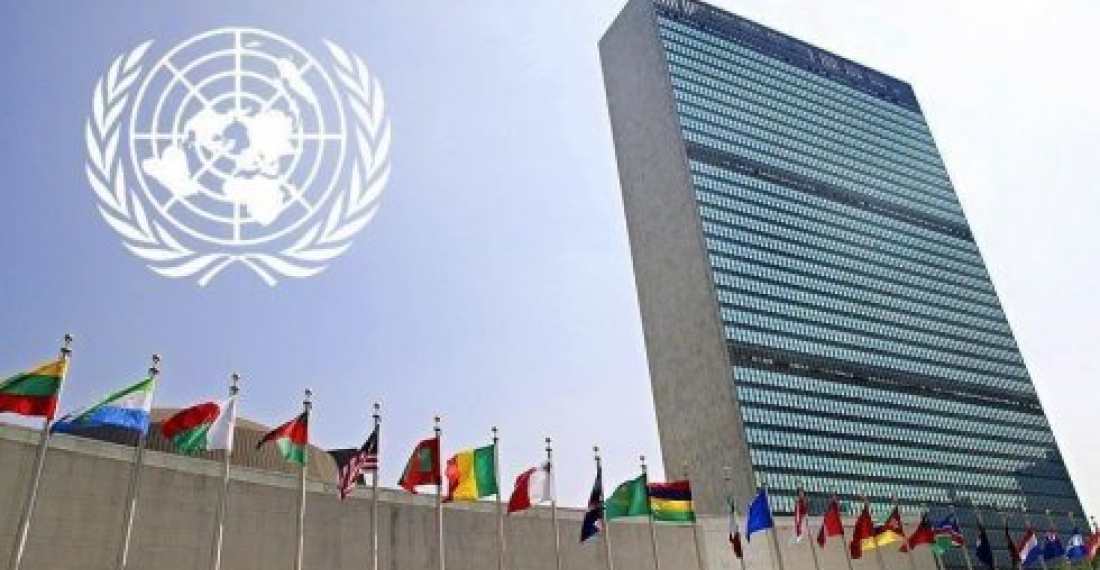The UN Secretary-General, Antonio Gutteres has reminded Armenia and Azerbaijan of their obligations under international humanitarian law to take constant care to spare and protect civilians and civilian infrastructure in the conduct of military operations. The statement came as the fighting between Armenian and Azerbaijani forces entered its fourth week and following two failed attempts to introduce a cease-fire
In a statement issued through the spokesperson, the United Nations Secretary General condemned all attacks on populated areas impacted by the conflict.
The full statement said:
The Secretary-General condemns all attacks on populated areas impacted by the conflict. The tragic loss of civilian lives, including children, from the latest reported strike on 16 October on the city of Ganja is totally unacceptable, as are indiscriminate attacks on populated areas anywhere, including in Stepanakert/Khankendi and other localities in and around the immediate Nagorno-Karabakh zone of conflict. The Secretary-General deeply regrets that the sides have continuously ignored the repeated calls of the international community to immediately stop the fighting. As he underscored again in his latest calls with the Foreign Ministers of Armenia and Azerbaijan, both sides have the obligation under international humanitarian law to take constant care to spare and protect civilians and civilian infrastructure in the conduct of military operations. The Secretary-General notes the latest announcement on the start of the humanitarian truce on 18 October and expects both parties to fully abide by this commitment and resume substantive negotiations without delay under the auspices of the OSCE Minsk Group Co-Chairs.
source: commonspace.eu with the press service of the United Nations, New York.






